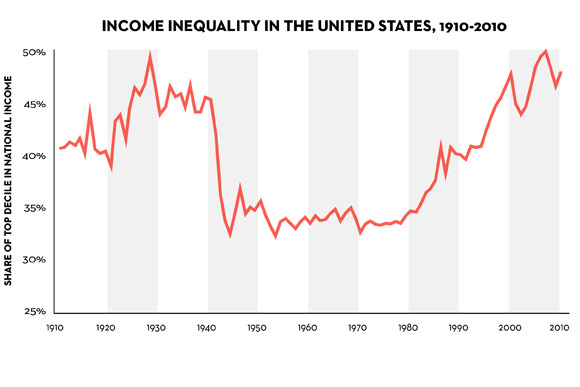“An Ambassador”, says the old joke, “is an honest man sent abroad to lie for his country”. The only US Ambassador I’ve met was a Californian automobile salesman. (Well, he owned a whole string of dealerships, and I guessed owed his position not to mastery of statecraft but to the size of his campaign contributions.) It was during the Iraq war and he gave a public lecture which never once mentioned the war. And then I forgot all about him, until I came on this piece in Politico by James Bruno arguing that one reason the Kremlin is running rings round the US in Europe is the relative incompetence of American ambassadors compared to their Russian counterparts.
Bruno examines the diplomatic representation of the two countries in three critical European capitals: Berlin, Oslo and Budapest.
Berlin
The Russian ambassador to Germany, Vladimir Grinin, who joined the diplomatic service in 1971, has served in Germany in multiple tours totaling 17 years, in addition to four years in Austria as ambassador. He is fluent in German and English. He has held a variety of posts in the Russian Foreign Ministry concentrating on European affairs. Berlin is his fourth ambassadorship.
The U.S. ambassador to Germany, John B. Emerson, has seven months of diplomatic service (since his arrival in Berlin) and speaks no German. A business and entertainment lawyer, Emerson has campaigned for Democrats ranging from Gary Hart to Bill Clinton. He bundled $2,961,800 for Barack Obama’s campaigns.
Oslo
Vyacheslav Pavlovskiy has been Moscow’s envoy in Oslo since 2010. A MGIMO graduate and 36-year diplomatic veteran, he speaks three foreign languages.
President Obama’s nominee as ambassador to Norway, hotel magnate George Tsunis, bundled $988,550 for Obama’s 2012 campaign. He so botched his Senate Foreign Relations Committee hearing in February with displays of ignorance about the country to which he is to be posted that Norway’s media went ballistic and he became a laughingstock domestically. He is yet to be confirmed.
Budapest
Russian envoy Alexander Tolkach, a 39-year Foreign Ministry veteran and MGIMO alumnus, is on his second ambassadorship; he speaks three foreign languages.
Colleen Bell, a producer of a popular TV soap opera with no professional foreign affairs background, snagged the nomination of U.S. ambassador to Hungary with $2,191,835 in bundled donations to President Obama. She stumbled nearly as badly as Tsunis before her Senate hearing with her incoherent, rambling responses to basic questions on U.S.-Hungarian relations. She also awaits Senate confirmation.

